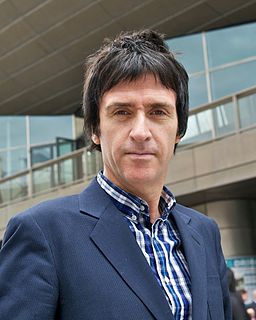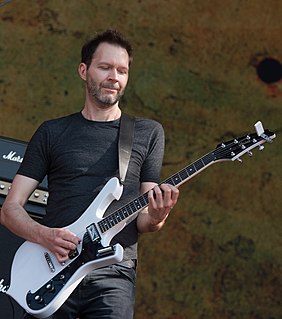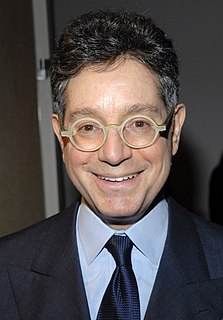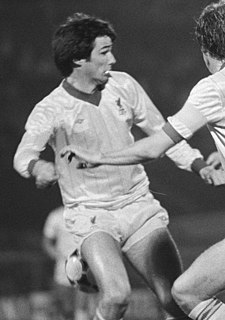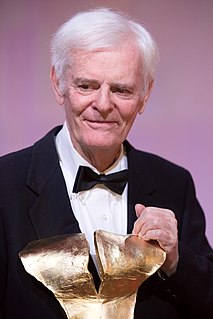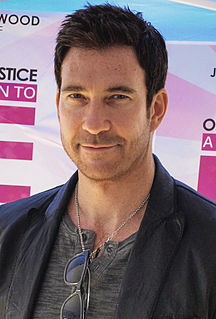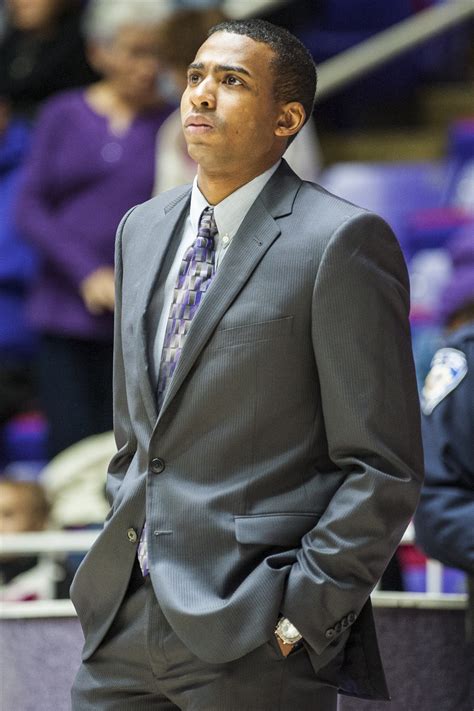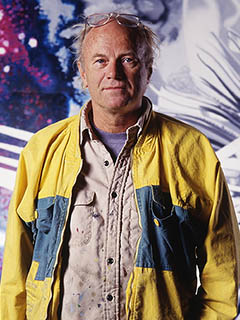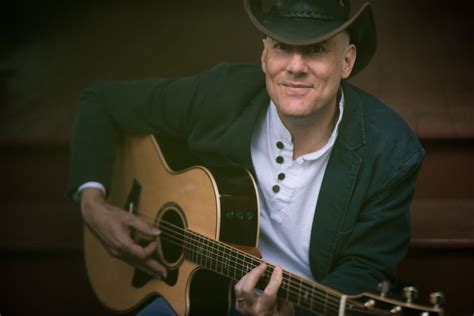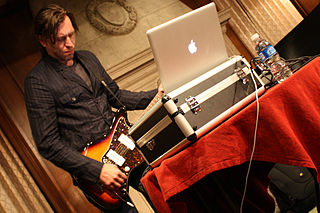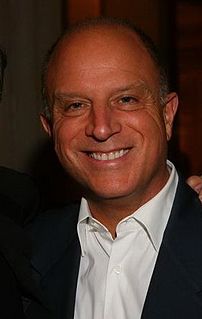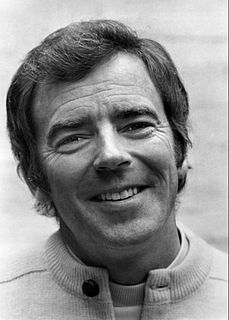A Quote by Johnny Marr
Andy Rourke and I had been playing together from 14 or 15, and we had a very great musical chemistry. Andy's just a very respected and unusual musician.
Related Quotes
Andy wasn't capable of any complicated thoughts or ideas. Ideas need a verb and a noun, a subject. Andy spoke in a kind of stumbling staccato. You had to finish sentences for him. So Andy operated through people who could do things for him. He wished things into happening, things he himself couldn't do.
I believe that Ryan Murphy is a genius. His instincts remind me of Andy Warhol. I recently went to the Warhol museum in Pittsburgh, and you can see a lot of echoes of Andy in Ryan’s work. Like Andy, Ryan’s finger is so on the pulse of culture that he’s ahead of culture. Their aesthetic and their vision of the world are very similar.
I believe that Ryan Murphy is a genius. His instincts remind me of Andy Warhol. I recently went to the Warhol museum in Pittsburgh, and you can see a lot of echoes of Andy in Ryan's work. Like Andy, Ryan's finger is so on the pulse of culture that he's ahead of culture. Their aesthetic and their vision of the world are very similar.
They were all wonderful [on Andy Griffith Show], but I enjoyed Andy and Don and Ron the most. Ron played little Opie so well. He really took acting seriously and worked hard to deliver his lines well. Andy was always fun and liked to tease. Don was nothing like Barney. Don was very quiet, which shows what a good actor he was.
Andy Kindler. Andy's set - somehow he slayed that night. But something weird about it that wasn't translating for the CD. I don't know what it was. But we listened to it and it wasn't the greatest audio recording - I mean, the quality of it was good. But we didn't want to put it on the record because it doesn't represent what Andy does.
I took photos from 1976 to when I left in 1993, primarily for Interview and a column I had called "Bob Colacello's Out" which Andy had conceived of. I've never taken a picture since, not even with my phone! It just felt too Andy Warhol to keep going around town taking photographs. And I never really thought of doing anything with them after I left the magazine until this great Art Director Sam Shahid about for or five years ago asked where all of the old photos were.
I mean when the book first came out it was not a bestseller, but it got good reviews and at that point I was done writing about Andy, done talking about Andy....but now, I kind of love it. All these smart, attractive young people think I'm cool! So here I am a guy in his sixties with all of these interesting friends in their twenties. It's very stimulating and keeps me very much in the present.
I started playing guitar at the age of 8 or 9 years. Very early, and I was like already into pop music and was just trying to copy what I heard on the radio. And at a very early age I started experimenting with old tape recorders from my parents. I was 11 or 12 at that time and then when I was like 14 or 15 I had a punk band. I made all the classic rock musician's evolutions and then in the early nineties I bought my first sampler and that is how I got into electronic music, because I was able to produce it on my own. That was quite a relief.
How do you get the protagonists and antagonists together, in the same space, without somebody having to die? So, we ended up having to tell two distinct stories, which is never the ultimate way to create a great serialized drama. So then, of course, we had the tragedy with Andy [Whitfield], which made everything very difficult and pushed back.
